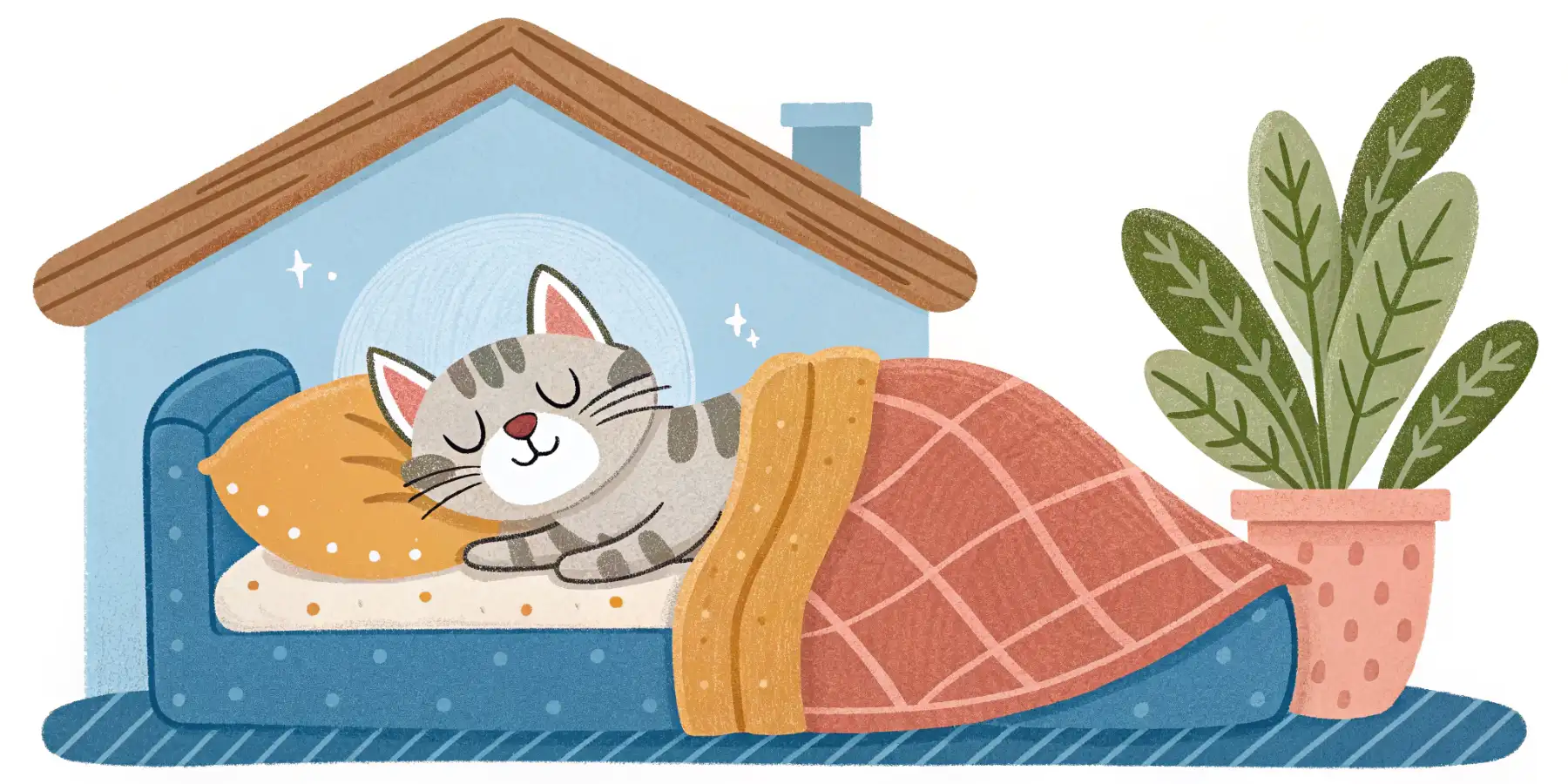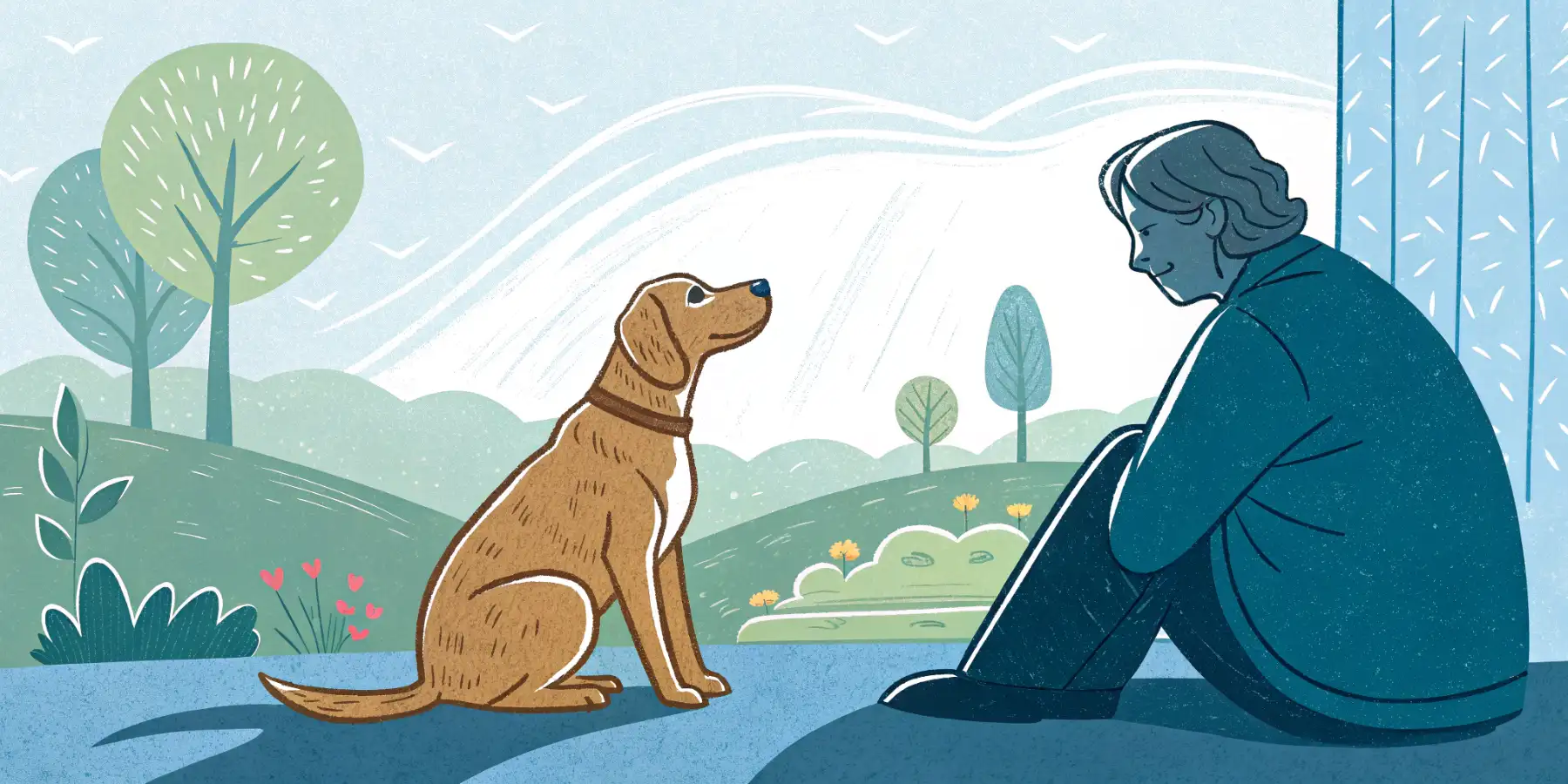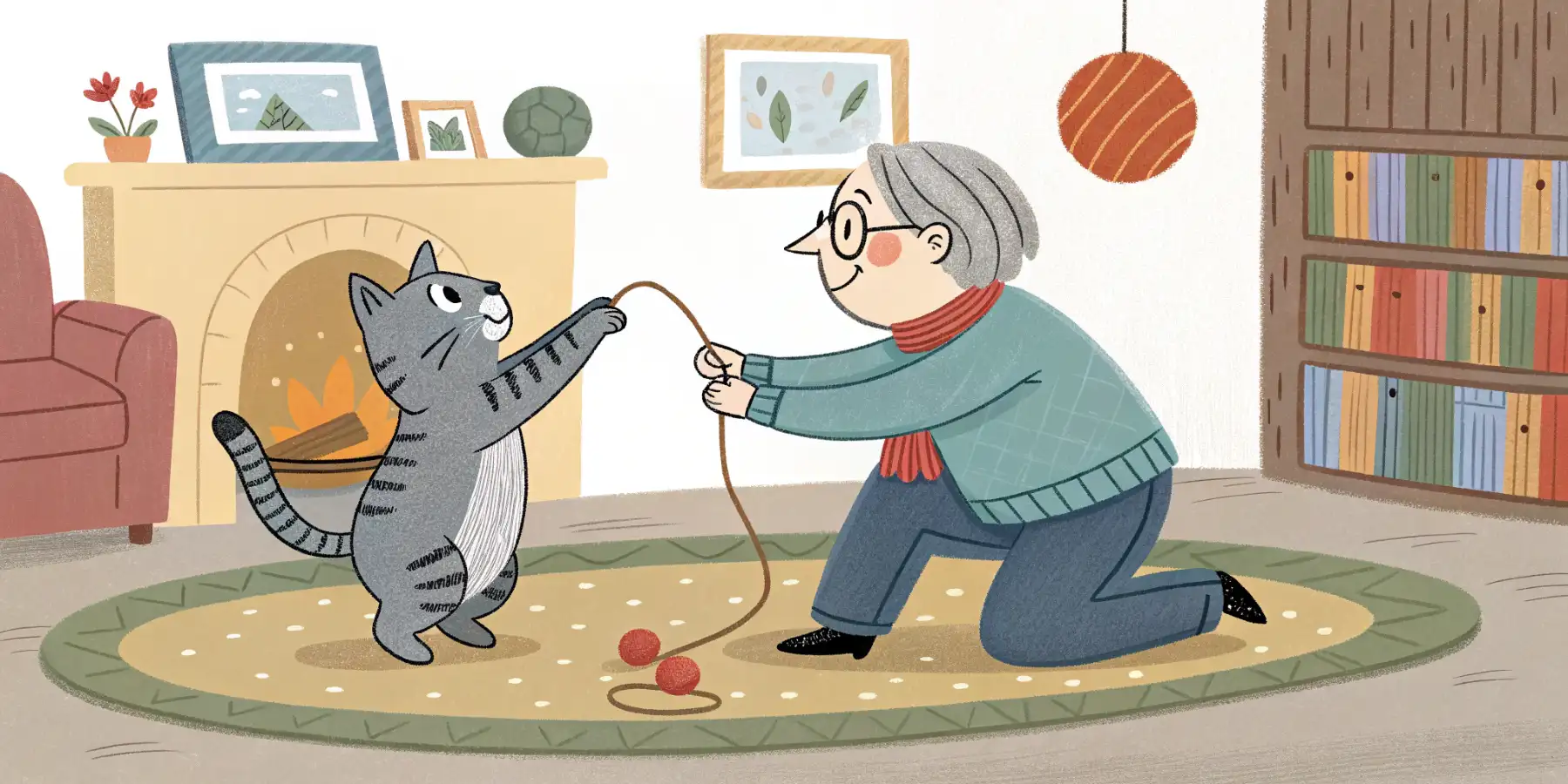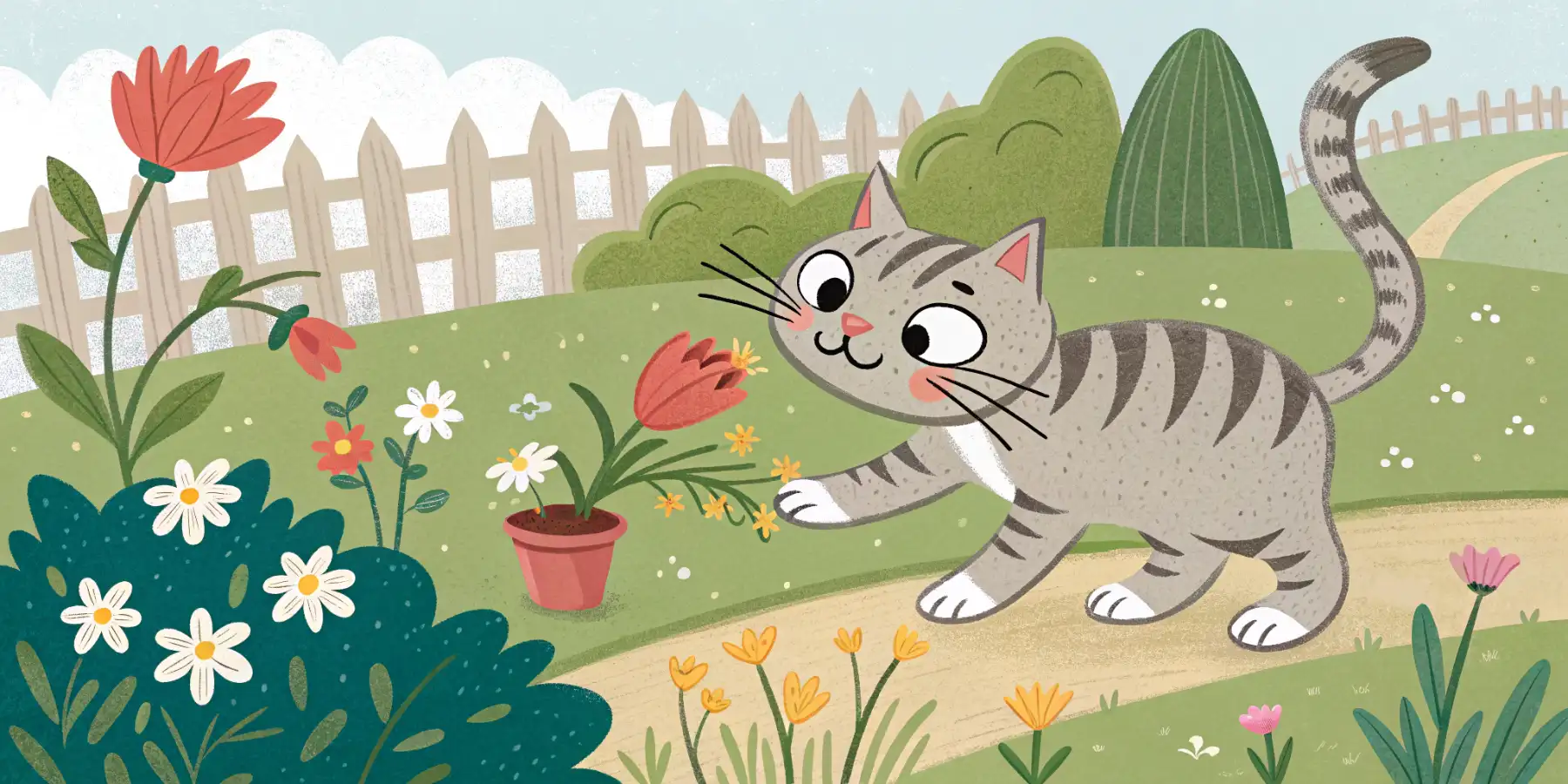
Senior Cat Care: Is Your Cat Happy?
Is your **senior cat** truly happy? Learn how to assess their quality of life & ensure their golden years are purrfect! #catcare
Assessing Your Senior Cat’s Quality of Life: A Difficult but Important Task
As our feline companions gracefully age, their needs inevitably change. What was once a playful kitten bounding through the house transforms into a serene senior citizen, content with sunbeams and gentle strokes. But alongside the increased cuddles and purrs, there comes a responsibility: ensuring our senior cats are enjoying a good quality of life. This can be a difficult but crucial task, requiring honest self-reflection and a willingness to prioritize their well-being.
Why Assessing Quality of Life is Essential for Senior Cats
Senior cats, generally those over the age of 11, are more prone to age-related illnesses such as kidney disease, arthritis, hyperthyroidism, and cognitive dysfunction. These conditions can significantly impact their comfort and happiness. Regularly assessing your cat’s quality of life allows you to identify potential problems early, manage their symptoms effectively, and make informed decisions about their care.
In my experience, many pet owners struggle with this. They see their cat sleeping more, eating less, or being less playful and attribute it solely to old age. While aging is a natural process, these changes can also signal underlying pain or illness. Early detection allows for intervention that can drastically improve your cat’s comfort and extend their happy years. Ignoring these signs could mean your beloved companion is suffering needlessly.
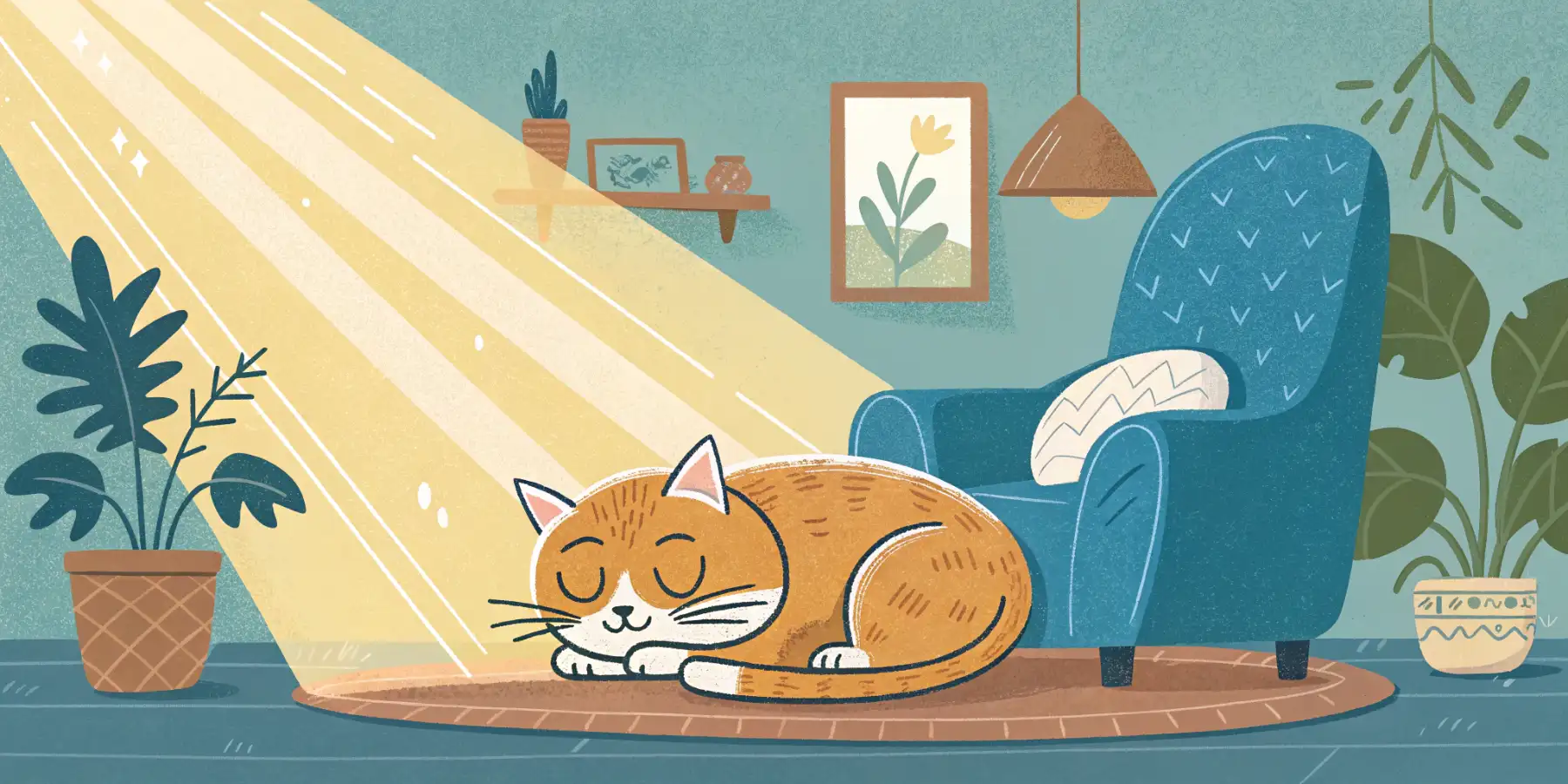 A senior cat enjoying a peaceful nap in a sunny spot, highlighting the importance of providing comfortable spaces for aging felines.
A senior cat enjoying a peaceful nap in a sunny spot, highlighting the importance of providing comfortable spaces for aging felines.
Key Indicators of a Good Quality of Life in Senior Cats
So, how do you assess your senior cat’s quality of life? Here are some key indicators to consider:
-
Appetite and Hydration: Is your cat eating and drinking normally? A decreased appetite or increased thirst can be a sign of various health problems, including kidney disease or diabetes. Are they having trouble eating dry food? This could indicate dental problems, a common issue in older cats. Pay attention to the type and amount of food they are consuming.
-
Mobility and Activity Level: Can your cat move around comfortably? Are they able to jump onto their favorite spots? Are they grooming themselves effectively? Stiff joints, difficulty walking, or a reluctance to jump can indicate arthritis. A decrease in grooming could also be a sign of discomfort or cognitive decline. Long-tail keyword: Difficulty grooming in senior cats.
-
Litter Box Habits: Are they using the litter box appropriately? Changes in urination or defecation habits, such as increased frequency, straining, or accidents outside the box, can signal underlying medical issues.
-
Interaction and Playfulness: Is your cat still engaging with you and other members of the household? Are they still interested in toys or playtime, even if it’s just a gentle swat at a feather? A decline in interaction or playfulness can indicate pain, cognitive dysfunction, or depression.
-
Overall Comfort: Does your cat seem comfortable and relaxed? Are they sleeping soundly and peacefully? Do they seem to be in pain or discomfort?
-
Cognitive Function: Are they easily confused or disoriented? Do they recognize you and their surroundings? Are they experiencing changes in their sleep-wake cycle? Disorientation, confusion, and changes in sleep patterns can be signs of cognitive dysfunction, also known as feline dementia. Long-tail keyword: Signs of cognitive decline in cats.
Tools for Assessing Your Cat’s Quality of Life
Several tools can help you assess your cat’s quality of life more objectively. These tools typically involve answering a series of questions about your cat’s physical and mental well-being. There are also resources you can find online to help you track and monitor these changes.
One popular tool is the “HHHHHMM Scale,” which stands for Hurt, Hunger, Hydration, Hygiene, Happiness, Mobility, and More Good Days than Bad. This scale allows you to assign numerical values to each of these categories, providing a more objective assessment of your cat’s overall well-being.
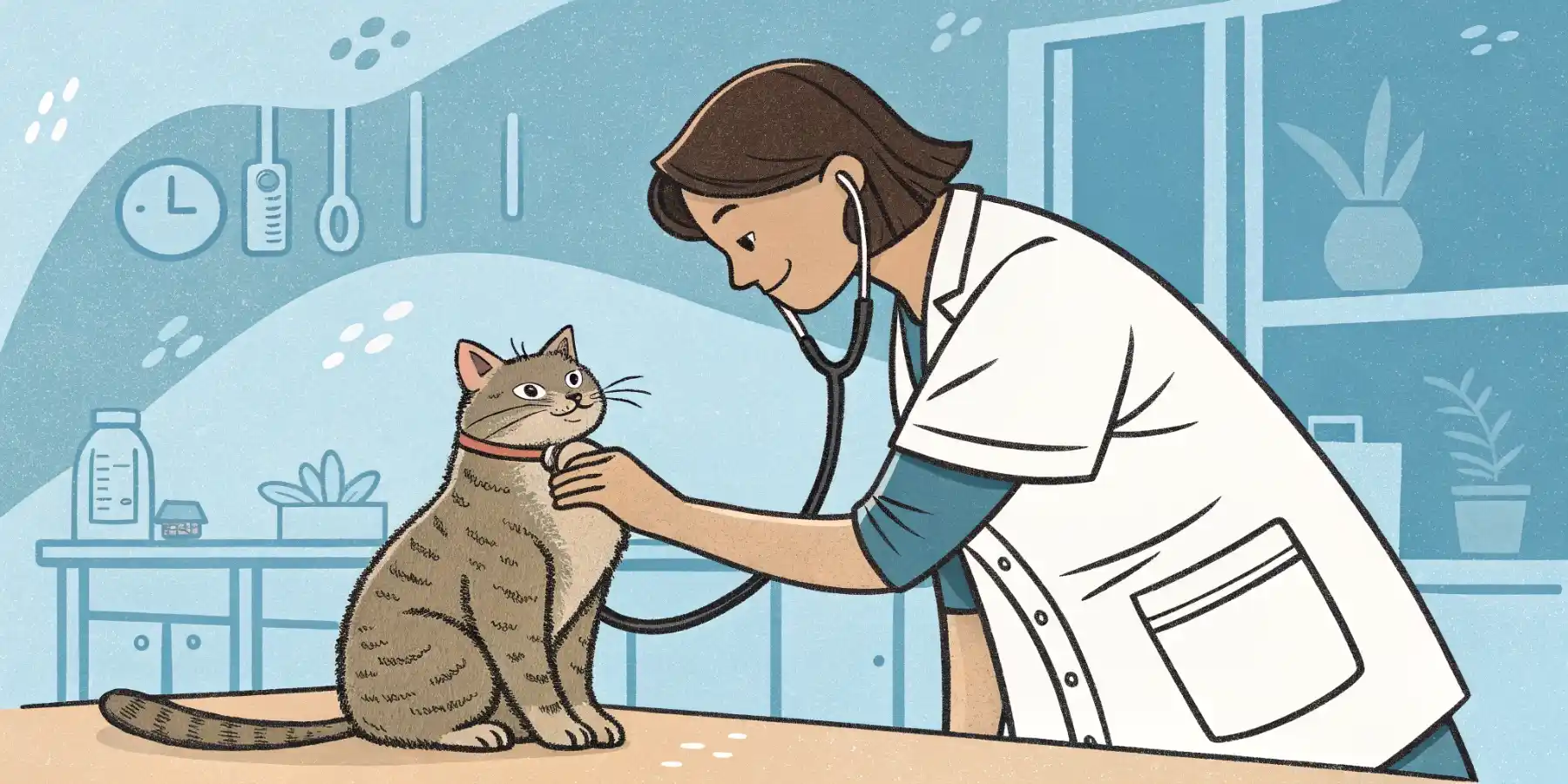 A veterinarian carefully examining a senior cat, emphasizing the importance of regular check-ups for detecting age-related health issues.
A veterinarian carefully examining a senior cat, emphasizing the importance of regular check-ups for detecting age-related health issues.
When to Consult Your Veterinarian
If you notice any significant changes in your cat’s behavior, appetite, mobility, or overall health, it’s crucial to consult your veterinarian. They can perform a thorough physical examination, run diagnostic tests, and provide a diagnosis and treatment plan. Regular veterinary checkups are especially important for senior cats, ideally every six months. These checkups allow your veterinarian to detect potential problems early and provide timely intervention.
I believe that open communication with your veterinarian is essential. Don’t hesitate to ask questions, express your concerns, and discuss your cat’s quality of life openly and honestly. Your veterinarian can provide valuable guidance and support in helping you make the best decisions for your feline companion.
Making Difficult Decisions: Euthanasia
The most difficult part of caring for a senior cat is knowing when their quality of life has declined to the point where euthanasia is the most compassionate option. This is a deeply personal decision, and there is no right or wrong answer. It is important to consider your cat’s overall well-being and their ability to enjoy life. Are they in constant pain? Are they unable to eat, drink, or move around comfortably? Are they no longer engaging with you or their surroundings?
If your cat’s quality of life has significantly declined and they are suffering, euthanasia may be the kindest and most humane option. Discuss your concerns with your veterinarian and seek their guidance. They can help you assess your cat’s condition objectively and provide support and resources during this difficult time.
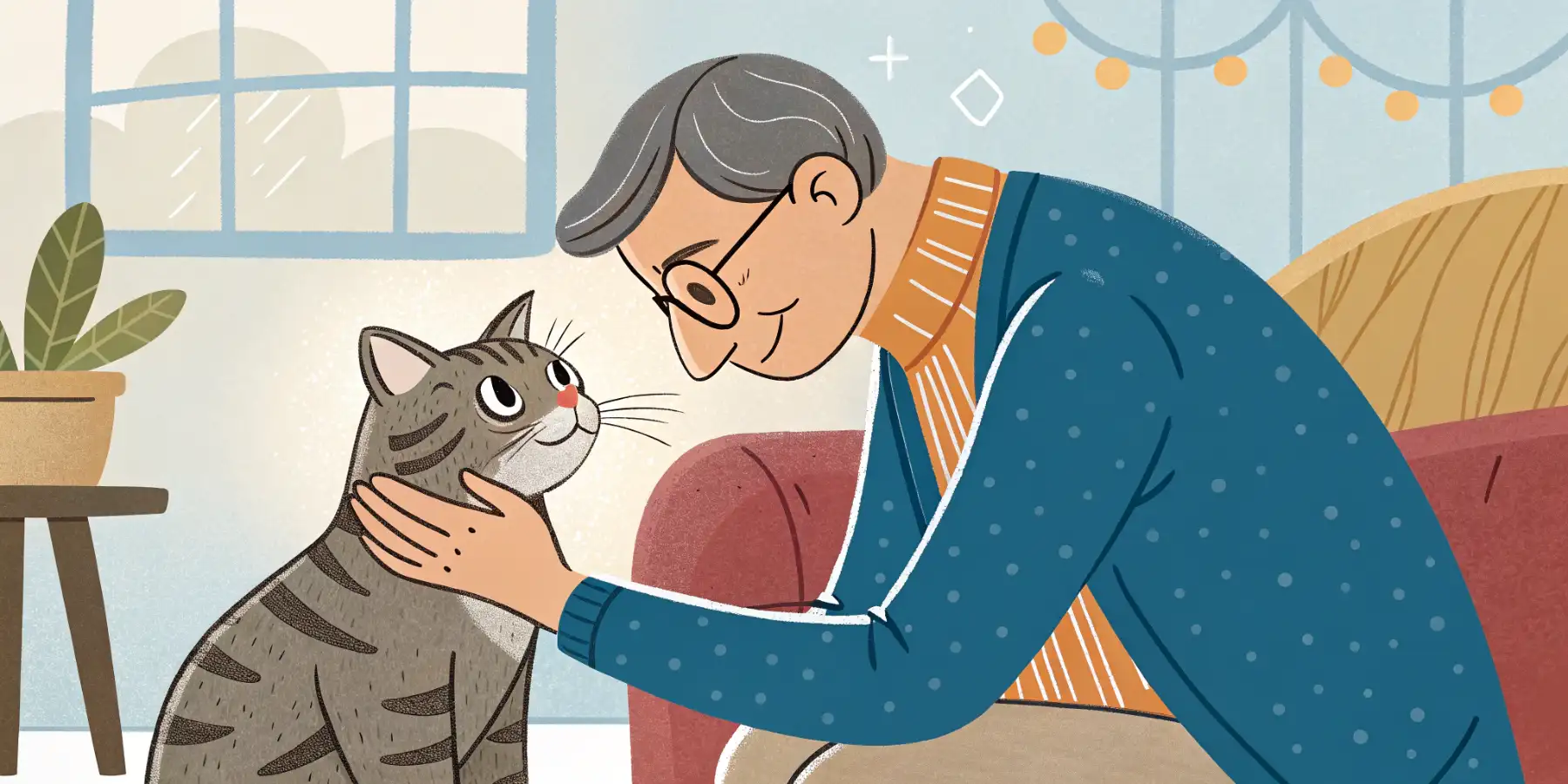 A pet owner gently petting a senior cat, showing the emotional bond and love shared between them.
A pet owner gently petting a senior cat, showing the emotional bond and love shared between them.
Maintaining a Positive Attitude and Seeking Support
Caring for a senior cat can be challenging, both emotionally and financially. It’s important to maintain a positive attitude, celebrate the joys of your relationship, and seek support from friends, family, or support groups. Remember, you are not alone. Many pet owners face similar challenges and can offer valuable advice and encouragement. Long-tail keyword: Support for senior cat owners.
By proactively assessing your senior cat’s quality of life, working closely with your veterinarian, and making informed decisions about their care, you can ensure they enjoy a comfortable, happy, and fulfilling life in their golden years. Remember, their comfort and well-being are paramount.
